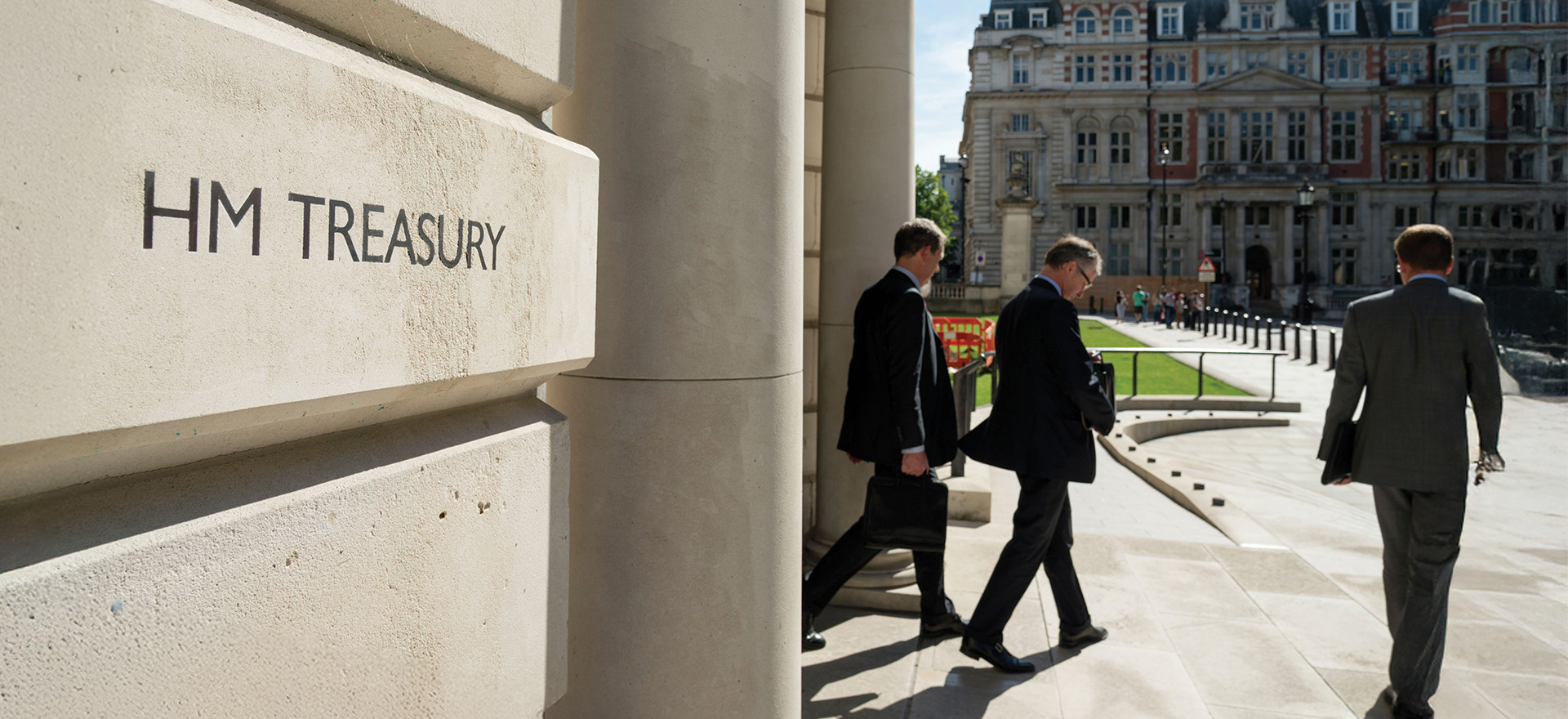
The end of the road for Grammar Schools?
Justine Matchett
20 Jun 2017
So two weeks have elapsed since the election and we are no closer to understanding the likely impact on education policy. Whilst Prime Minister Theresa May has taken the opportunity to reshuffle her cabinet after losing her Commons majority, limited changes have been made and she has retained Justine Greening in the post of Education Secretary. Ms Greening retained her Putney seat in the election, but saw her majority of 10,180 reduced to 1,554. Ahead of the election, there had been speculation that Ms Greening could be replaced by a more enthusiastic supporter of the Prime Minister’s plan to create new grammar schools. The leaders of the NUT and NAHT teaching unions were both quick to welcome her re-appointment, as was National Schools Commissioner Sir David Carter, who said it meant they could continue their work on school improvement and social mobility.
The Conservative manifesto had promised to:
- Scrap free school lunches for infants in England, to instead offer free breakfasts for all children at primary school level.
- Pump an extra £4 billion a year into schools by 2022.
- Introduce new funding arrangements to open specialist mathematics schools in all major cities.
- Scrap the ban on setting up new grammar schools.
- Involve universities which charge maximum tuition fees and independent schools in the sponsorship and founding of academies and ‘free schools’.
Now the Party has lost its Commons majority, it’s difficult to see which of the manifesto promises it will concentrate on trying to deliver and which will be side-lined.
One area of particular contention is the idea of establishing new grammar schools. Whilst Ms Greening has in the past publicly supported plans for more of them, there have been recent indications that perhaps she is less enthusiastic. In the week before the election, she failed to give a direct answer when asked on Radio 4 whether she personally believed in grammar schools. In the context of the alliance with the DUP which is still being negotiated however, it is noteworthy that the DUP is pro-grammar and Northern Irish schools are intrinsically selective. The DUP website outlines five key priorities, of which the fourth is to raise standards in education for everyone. Its 2017 manifesto referred to the need to defend and improve the education system in Northern Ireland to ensure that every child has the opportunity to succeed in life. It expresses clear support for academic selection and Arlene Foster has publicly emphasised her support for grammar schools explaining that, ”…the perception of grammar schools as only for the privileged class is a gross misrepresentation’’.
Notwithstanding the potential support from the DUP, the feedback from industry experts on Twitter is that Ms Greening's re-appointment is likely to signal the end of the push to create more grammar schools. Graham Brady, chair of the 1922 Committee of backbench Tory MPs and a prominent supporter of grammar schools, said the party would have to “trim down our policies carefully to what we think Parliament will support”. He suggested that the government should perhaps look at a “rather modest sort of pilot looking at opening some state grammar schools in inner urban areas”.
Even with the DUP support the Government is likely to find itself unable to push forward with grammar school proposals. Indications from the Independent’s Education Correspondent Rachael Pells are that only seven Conservative ministers would be needed to oppose such a bill and there are around fifteen who are known to be outspokenly against new grammar schools. In this context the feeling is that Government education policy will need to concentrate on addressing school funding cuts whilst delivering much needed new school places. Whether these places will be delivered in the form of Free Schools or the development or expansion of existing local authority schools will remain to be seen but the delivery of new grammar schools looks certain to consigned to the history books…at least for the time being.



